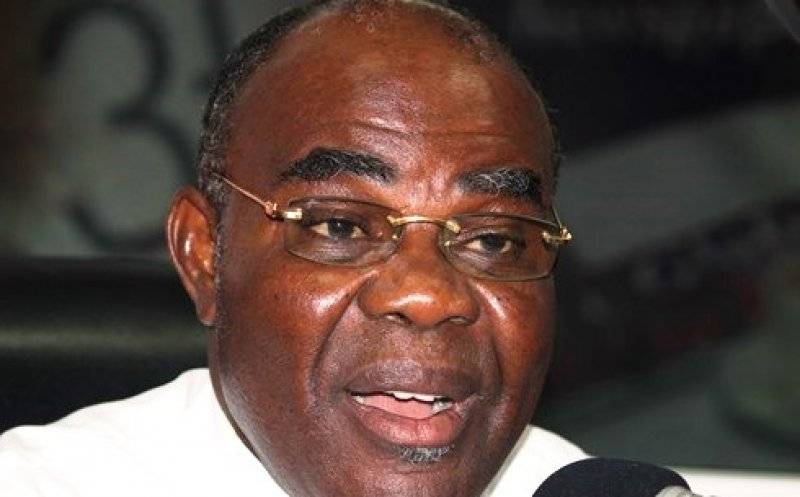NDC Lacks Strategy and Tactics: Ayikoi Otoo Critiques Speaker's Declaration of Vacant Seats
In a recent statement, Ayikoi Otoo, a prominent figure in Ghana's political landscape, criticized the National Democratic Congress (NDC) for its lack of strategic direction and tactical execution. His remarks came in the wake of the Speaker of Parliament's declaration that four parliamentary seats were vacant, a situation that has reignited debates around party organization and electoral strategy.
Otoo's critique centers on the NDC's current political approach, suggesting that the party often engages in rhetoric without backing it with effective action. He emphasized that while the party talks extensively about its plans and intentions, it frequently falls short in implementation. This discrepancy, he argues, undermines the party's credibility and electoral prospects.
The declaration of the four vacant seats has significant implications for the NDC, particularly as the party prepares for future elections. Otoo pointed out that the Speaker's announcement highlights a pressing need for the NDC to reassess its strategies. "We cannot afford to continue talking without tangible results," he stated, urging party leaders to develop a clear tactical plan that resonates with the electorate.
Otoo's comments reflect a broader concern among political observers regarding the NDC's effectiveness in navigating the complex political landscape of Ghana. The party, once a dominant force, has faced numerous challenges in recent years, including internal dissent and public disillusionment. By failing to adapt its strategies to changing political dynamics, the NDC risks further alienating its base and losing ground to rival parties.
In light of the vacant seats, Otoo called for a comprehensive review of the NDC's organizational structure and campaign strategies. He argued that the party must focus on grassroots engagement and constituency-level strategies to build a stronger connection with voters. "It's essential to listen to the people and understand their needs. Only then can we craft messages that truly resonate," he advised.
Moreover, Otoo's critique underscores the importance of accountability within the party. He suggested that leadership should be more responsive to the concerns of party members and the electorate. By fostering a culture of accountability and inclusivity, the NDC could rebuild trust and enhance its electoral viability.
As the NDC grapples with these challenges, Otoo’s insights serve as a wake-up call. The party must confront its shortcomings and embrace a proactive approach to strategy and tactics. This includes not only addressing the immediate issue of vacant seats but also preparing for future electoral battles.
In conclusion, Ayikoi Otoo's critique of the NDC reflects a growing concern within Ghana's political discourse. The party's reliance on rhetoric without strategic action poses a significant threat to its success. As the political landscape continues to evolve, the NDC must prioritize strategic planning, grassroots engagement, and accountability to remain a relevant force in Ghanaian politics. Without these crucial elements, the party risks becoming further estranged from the very constituents it seeks to represent.


